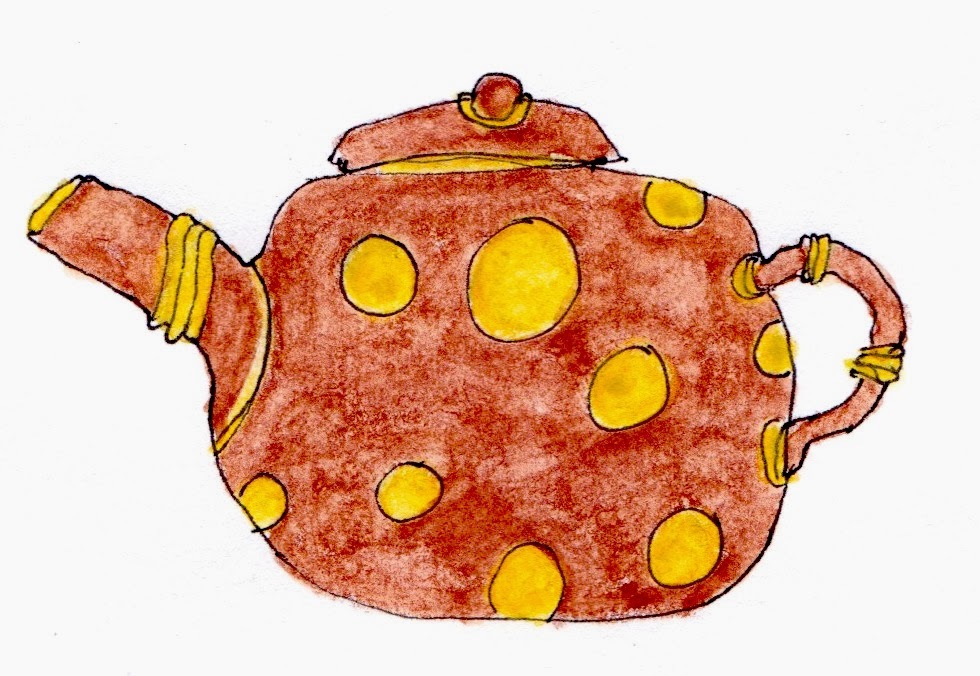Pam Morrison & Annie McGregor

In the wake of news that her only sister, Annie McGregor, had terminal cancer, Pam Morrison began to write a journal. Very soon it became a shared container; a form of slow dialogue between the two, and a way to capture the mystery, beauty and bewilderment of their lives.
Over the following year, the ritual of shared writing provided a safe place for naming what was otherwise too tender to be spoken.
Pam and Annie’s journal, Fields of Gold, takes the reader on a transformational journey. Its honesty, its eloquent, gutsy prose and imagery sound and resound deep within. This is a glorious, tragic, strong-hearted duet sung in celebration of life’s multiplicity in the face of death.
With a foreword by Rita Charon, physician, literary scholar and the Founder and Executive Director of the Program in Narrative Medicine at Columbia University.
Annie
Sunday 20 April 2003
Last night the kids were here. There was music playing, the sounds of whistling and chopping, cooking noises, recipes being changed. I was in front of the fire under the mohair rug. And I tell you what: I was in heaven, or pretty close to it, about five kilometres away. Sometimes I wonder: why didn’t I come to this place earlier? Then I remember — oh, that’s right!
Graham says he’s noticed some frailty in me. And there is, at times. In the mornings sometimes, the tears come — just pop out. This morning they came. I wet Graham’s pillow. But they weren’t hot tears. They were cool by the time they hit the pillow. And I think, it’s only ten days since I had the treatment. I was told I would feel terrible. But I haven’t been trampled by an elephant; I’ve been trampled by a sheepdog.

Pam
Sunday 18 January 2004
Life has been far from straightforward. At times I feel like I’m in a paper boat, bobbing on a current, which takes me anywhere it pleases. At other times it’s felt like I’m under an ever-changing sky. I look up and find there’s been a dramatic shift. And I’ve had absolutely nothing to do with it.
I’ve been wrestling with the question of how to give expression to my own needs and feelings when I’m with Annie. A week ago I was feeling dismantled and, consequently, distant from her and me. Lots of crying.
Now, three days on, I think there is no place for any of this while Annie is alive. I was almost appalled that I would take any measure of sorrow into my interaction with her.
And now, as I write that, the pendulum has swung again. How could sorrow not be present? And so the sky changes. My boat sails on.


